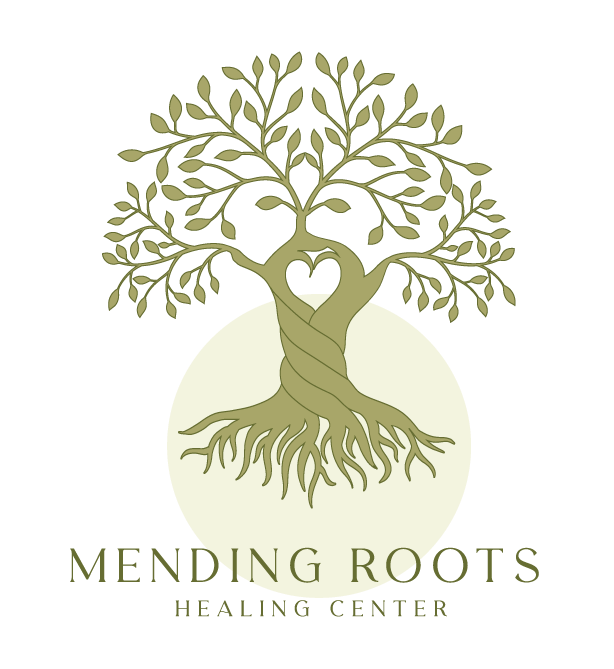“All of my friends hate me.” Raise your hand if you have had this thought or something similar recently. Full disclosure, I am sheepishly raising my hand. Shortly after I completed the grueling experience of grad school during a pandemic, I convinced myself, with little to no evidence, that none of my friends liked me anymore. A large portion of that was due to the shame of not reaching out often enough. My nearest and dearest friends, who ironically live far away, will be the first to tell you that long-distance communication is not one of my strengths. This truth feels comical, given that I am now happily married to someone from another country. How on earth did I manage that? Anyway, the shame of being terrible at texting, paired with various other factors (anxiety, the rigorous nature of grad school, intense introversion, negative self-talk, etc.), made me think my friends hated me. It didn’t help that I struggled to make friends in grad school. It also didn’t help that social media led me to believe that everyone was out there having fun without me.
If you have convinced yourself that you have no friends or that none of them can stand you, you are not alone (see what I did there?). And if you haven’t experienced this defeating thought, you probably know someone who has. There are lots of reasons why this belief might wreak havoc on your mental health. While I can’t name and explain each potential factor in a single blog post, I can explore a few themes. And I can also tell you with near certainty that all of your friends don’t hate you.
For starters, this premise relies on all-or-nothing thinking, overgeneralization, and mind-reading, all of which are cognitive distortions. Cognitive distortions are excessive and inaccurate thoughts that do an exceptional job of negatively impacting our sense of self and leading us to a false understanding of reality. These distortions often lead to or perpetuate mental health concerns such as anxiety and depression. It’s tempting to polarize or conflate our experiences in this way in order to cope, but it’s rarely accurate or helpful. The truth of life usually exists somewhere in between, rather than at one end of the spectrum. For example, maybe you have felt disconnected from your friends recently. Maybe one or both of you have been less than ideal friends to each other. However, things like disconnection or conflict don’t automatically translate to being hated by everyone. In my example above, my cognitive distortions mainly stemmed from my own stuff, not anything my friends have said or done.
When physical proximity and steady communication are removed from the equation, it makes it that much harder to sustain friendships, which may also contribute to the belief that we have no friends. So many of us are steeped in a kind of business that doesn’t lend itself to consistent meaningful connection with our people. It feels like there is not enough time in the day, and all of our energy is funneled into keeping our heads above water. The pandemic has exacerbated this issue. Our worlds have gotten smaller by necessity. Physical contact isn’t just less possible, it’s now stressful and potentially dangerous. A lot of us have stopped reaching out because it’s taking everything in us to focus on the health and safety of ourselves and those within our care. At the start of the pandemic, there were a lot of conversations around slowing down, doing less, and prioritizing our people and our values. And while I am definitely here for these conversations, I am also painfully aware that all of the onus gets placed on the individual to make this happen. No significant systemic changes have taken place to afford people the opportunity to step away from grind culture. The reality is that rent is still due. Our bodies are still in crisis mode. Everyone is too burned out to reach out. I want to encourage us to prioritize our friendships a bit more, but I also recognize that some of the factors are not fully within our control to change, like the fact that lots of us work way too many hours just to make ends meet. Let’s take a minute to explore what is within our control by looking at potential solutions.
It has been well established that social connection is a vital aspect of the human experience, so it makes sense that when we perceive a threat to our bonds with our closest people, our brains might freak out a little bit and convince us that we are friendless islands. But most of the time, what we need to do is simply (not necessarily easily) reconnect with our people. This could play out in a myriad of ways: texting to let someone know that we miss them, apologizing if we have messed up, making plans for a long-distance movie night, stating a need, or scheduling regular mini check-ins. I am a firm believer in collaboration, so I often suggest co-creating a solution together. This might look like reaching out to friends and letting them know you’d like to invest more in the friendship. Offer up a few things that help you to feel loved and ask them what helps them feel seen. Come up with a plan that feels realistic and inclusive of each other’s needs. Be honest with each other about current barriers and stressors. Remember that life is always changing, so what a friend needs, or is able to give, in one season of life might look completely different at a later date.
Friendship is a beautiful and challenging blend of commitment, honesty, compassion, accountability, and cooperation. You’re going to be a less than ideal friend at some point. Your friends are going to let you down at some point. We’re only human, after all. Can we all agree to give ourselves and our friends a bit of grace, especially given the current circumstances of the world? And in that grace, we can also say, “Hey, I love you. Let’s get our shit together. Together.” We need to do this because the cure for our burnout, ill-being, loneliness, hurt, and self-doubt is connection.
Brb gotta go call my friends.

